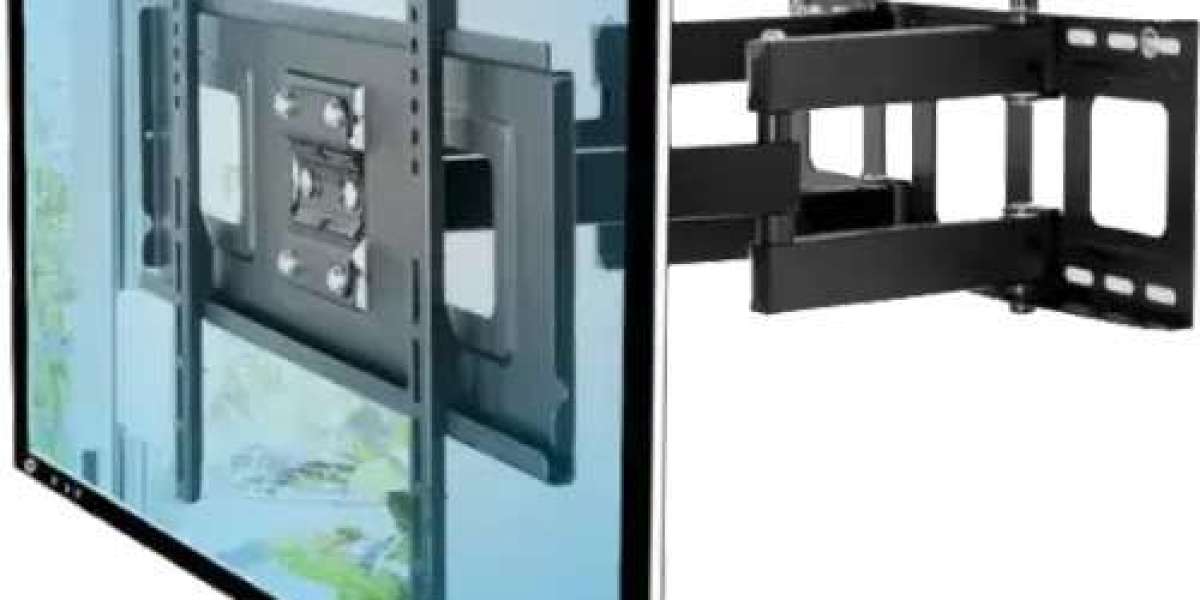A burst pipe is one of the most stressful home emergencies you can face. Whether it’s caused by freezing temperatures, aging plumbing, or accidental damage, the consequences can be severe—ranging from water damage to expensive repairs. If you live in an area where quick professional help is available, such as Emergency Plumbing in Hawthorne, CA, knowing the right steps to take can save you time, money, and stress.
Understanding the Causes of a Burst Pipe
Before you can handle a burst pipe effectively, it helps to know why it happens in the first place. Common causes include:
Freezing temperatures that cause water inside the pipe to expand.
Corrosion due to aging or poor-quality plumbing materials.
High water pressure that strains the pipe walls.
Physical damage from renovations, drilling, or shifting foundations.
Identifying the likely cause can help you prevent future issues once the immediate crisis is under control.
Immediate Actions to Take When a Pipe Bursts
When a pipe bursts, quick action is essential to minimize water damage. Here’s a step-by-step approach:
1. Shut Off the Main Water Supply
Locate the main water valve in your home and turn it off immediately. This stops water flow and limits flooding.
2. Turn Off Electricity in Affected Areas
If water is near electrical outlets or appliances, switch off the power in that part of the house to avoid electrical hazards.
3. Drain the Remaining Water
Turn on the cold taps to drain the system and reduce water pressure in the pipes. This can help prevent additional damage.
4. Contain the Leak
Use buckets, towels, or waterproof containers to catch the leaking water. Move furniture and valuables away from the affected area.
5. Call a Professional Plumber
Even if you manage to contain the leak temporarily, you’ll need an expert to assess and repair the damage properly.
How to Temporarily Control the Leak Until Help Arrives
If you can’t get a plumber to your home immediately, you may need to apply a temporary fix. Options include:
Pipe repair tape: Wrap it tightly around the damaged section to slow the leak.
Rubber and clamp method: Place a piece of rubber (from an old hose) over the burst and secure it with a clamp.
Epoxy putty: Apply over the damaged area for a short-term seal.
These are only temporary measures—professional repairs are essential for a permanent solution.
Minimizing Water Damage in Your Home
The longer water remains in your home, the more damage it can cause to walls, flooring, and personal belongings. To minimize damage:
Use a wet/dry vacuum to remove standing water.
Run fans and dehumidifiers to dry out affected areas.
Remove soaked carpets and fabrics to prevent mold growth.
Document the damage with photos for insurance claims.
Safety Considerations During a Burst Pipe Emergency
A burst pipe can create hazards beyond water damage. Keep these safety tips in mind:
Avoid wading into deep water, especially near electrical devices.
Wear waterproof boots and gloves if handling wet materials.
Do not attempt complex plumbing repairs without proper tools and training.
Preventing Future Burst Pipes
Once the immediate crisis is over, take steps to protect your plumbing system from future incidents:
Insulate pipes in cold areas of your home to prevent freezing.
Check water pressure and install a regulator if it’s too high.
Replace old pipes that show signs of corrosion or wear.
Schedule regular plumbing inspections to catch potential issues early.
The Role of Professional Emergency Plumbing Services
Professional plumbers not only repair the damage but also identify underlying causes to prevent repeat problems. They have the tools, experience, and knowledge to handle even severe plumbing emergencies quickly and safely.
When choosing a plumber, look for:
24/7 emergency availability.
Licensing and insurance.
Positive customer reviews.
Transparent pricing policies.
Insurance and Burst Pipe Claims
Many homeowners’ insurance policies cover burst pipe damage, but the process can be smoother if you act quickly:
Contact your insurer as soon as possible.
Provide documentation, including photos and receipts.
Follow the insurer’s guidelines for emergency repairs.
Final Thoughts
A burst pipe can disrupt your life in minutes, but knowing how to respond makes all the difference. Acting quickly to shut off the water, protect your home, and call a qualified plumber will help minimize the damage. Preventative measures—like insulation, regular inspections, and water pressure monitoring—can also greatly reduce the risk of another incident.
By preparing now, you’ll be ready to protect your home and belongings when every second counts.








